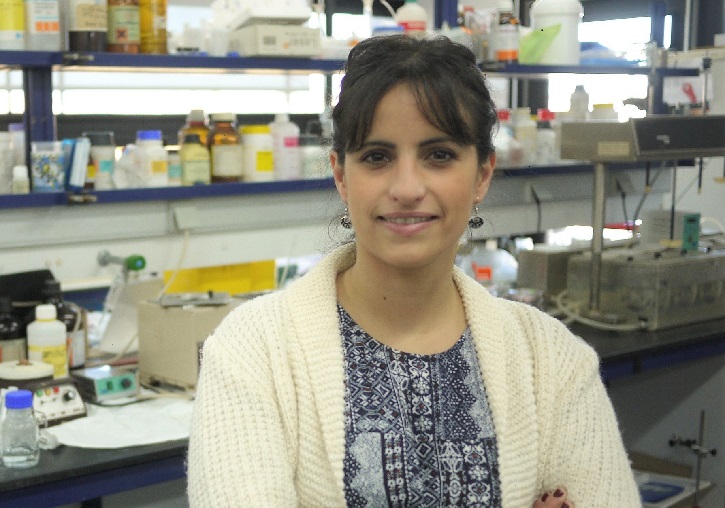
Lucía Hipólito, professor at the Faculty of Pharmacy of the University of Valencia, coordinates a project that aims to learn about the habits of consumption of alcohol and other drugs during confinement in response to the COVID-19 pandemic. Currently, the study is in the field work phase through the survey https://ir.uv.es/vFH9PIZ, endorsed and financed by the Government Delegation for the National Plan on Drugs (PNSD) of the Ministry of Health.
With the work “Impact of COVID-19 pandemic confinement on the consumption of alcohol, benzodiazepines and opioid analgesics” the aim is to expand the existing information on drug use habits during social isolation due to the pandemic. In addition, it will allow the use of public health strategies in response to COVID-19. You can access the survey fieldwork which will serve as the basis for the study by clicking here.
The objective is to know the relationship between stress and drug use in patients without pain, and on the other hand, the effect in patients with pain. These, due to the pandemic, may not have controlled their treatment, have seen their suffering increase, and therefore may have experienced more risk of consuming these substances.
In addition, during confinement, the fear of patients with pain to go to health services, or the congestion of services linked to pain clinics (anesthesiology), has generated stress in many of them, and this factor may have had an impact in the consumption or in the relapse in the consumption of certain substances considered as drugs.
“It is very important that all people who want to do so fill out the survey, even if they do not suffer pain or do not consume alcohol or pain medication, so that the data can reflect the reality of our society”, has said Lucía Hipólito.
The research is part of the basic and clinical research project of the University of Valencia “Increased risk of addiction to alcohol and opiates derived from the presence of pain: clinical and preclinical studies with a gender perspective”. In it, among others, it is proposed to analyse whether the correct management of the painful situation, with or without opiates, impacts the development of the Alcohol Use Disorder and if this is a predictor of the development of the Opioid Use Disorder. This research, also, will allow the design of tools to discern which patients with pain are most vulnerable to a potential relapse.
Lucía Hipólito, from the Department of Pharmacy and Pharmaceutical Technology and Parasitology, is also director of the DOREAL Laboratory of the University of Valencia, which studies the relationship between pain and addiction in alcohol and opiates, as well as the relationship between pain and disorders anxiety and stress.

.jpg)








